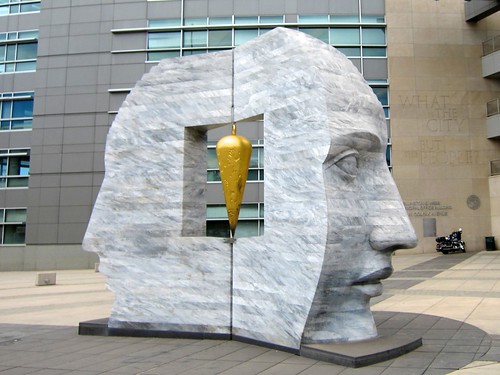If you have never implemented a fundraising database before – or even if you have - it can be difficult to apply the workings of a new software package to your fundraising, CRM and charity's ‘business’ requirements. The database supplier will of course have their views, knowledge and experience and some of your charity’s staff might have similar know-how, but there is a real risk that you won’t be able to apply all this joint knowledge to create what you really foresaw when you purchased the new system.
Why? Because to implement a new CRM system takes more than just "knowing the software" - you need to understand and to be able to apply the software to a charity's requirements. And yet it takes more than just "knowing what the charity needs" - you need to be able to envisage how the charity's data and processes can be set-up in a database software package and how that can bring the benefits they envisaged. It obviously helps to have people from both sides of the spectrum on a project team, but without clear leadership on the project, without direction, you as the client may not end up with what you really want.
So, enter The Bridger.
A Bridger is somewhat of a specialist (and sadly a rare person): someone who understands and can speak not only "technology-talk" but "business-talk" too, and who can sit between and communicate between the two ‘sides’ of such an implementation. i.e. someone who knows about databases and technology but who is equally at home in talking to a major donor fundraiser or direct marketer. As such, these people can really help in a new fundraising/CRM database implementation.
Interestingly, with the recent rise of the more generic CRM systems (i.e. Salesforce, CRM Dynamics etc), such expertise is probably more important now than ever before.
Over the past 10-15 years, dedicated fundraising packages have ruled the roost, and as such, one of the great things about them was that they provided good structure and a solid approach to implementing your fundraising requirements in their software. Equally, many such suppliers employ ex-fundraisers or individuals who have great experience in this area, so when they work with charities they can supply great input. (The downside of such “software structure” may of course have been lack of flexibility but that’s another question…)
But now, resellers of systems such as Salesforce, CiviCRM, Microsoft CRM and others can (probably) quite honestly say, we can configure and adjust our software in ways in which you haven’t been able to before - so tell us what you want and we can do it. (At a cost of course…)
But with that, comes the downside of flexibility and choice: how do I, as a charity user, know what I want if I haven’t done it before or had the opportunity or exposure before to other similar implementations? How can I take my business/fundraising requirements and ensure these new systems can give me what I want in the best way possible? Even more so if one considers that some/many of the resellers of these "newer" CRM systems will have less/minimal experience of fundraising and/or of implementing the systems at other charities.
It is like Donald Rumsfeld's famous quote about the known knowns and known unknowns etc. i.e. If you don't know what you can do, then how can you be sure you aren't missing out on some benefits? A dedicated fundraising database gives you some reassurance over this, but a generic CRM system may not.
My advice: have an in-house person, or bring in an in-house contractor/consultant/project manager, to be involved with and help manage - in particular - any significant generic CRM implementation. This means having someone with experience of doing that before so that they know what can be done and what you can benefit from.
That said, they need to be someone who is more than just an interlocutor. They need to be an integral part of the project team with a defined role showing clear benefits - otherwise they are just a luxury, which clearly in the charity sector is not what we want. So they probably need cross-skills in project management, client management or similar.
So: re-enter The Bridger. I think they'll become an ever-increasingly essential part of all such projects.

No comments:
Post a Comment